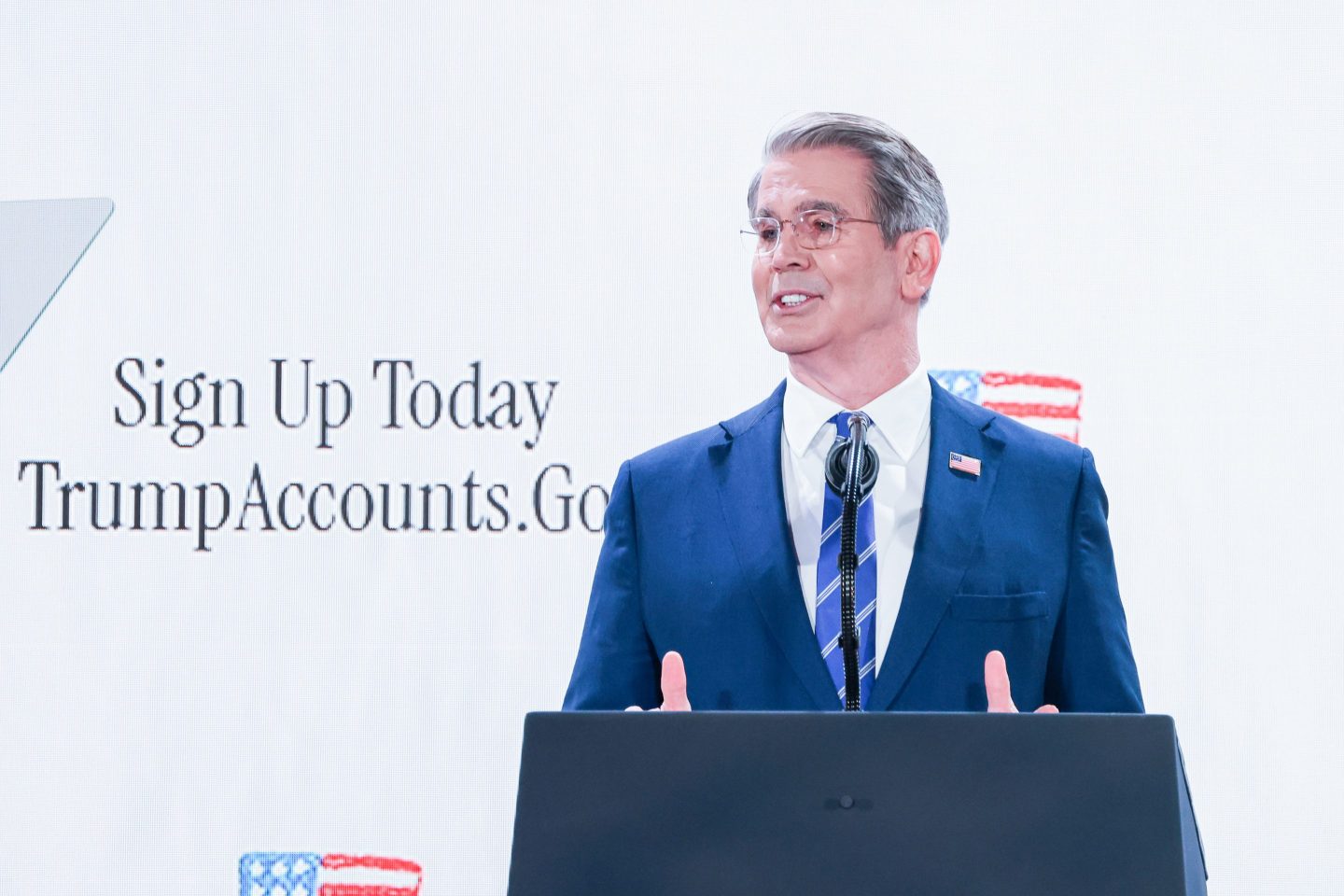Consumer sentiment dropped to a three-year low and close to the lowest point ever recorded by the University of Michigan one month into the government shutdown, with pessimism over personal finances and anticipated business conditions weighing on Americans.
The November survey showed the index of consumer sentiment at 50.4, down a startling 6.2% from last month and it plunged nearly 30% from a year ago.
Economists were caught off guard. Those polled had expected a slight month-to-month increase for a reading of 54.2.
“With the federal government shutdown dragging on for over a month, consumers are now expressing worries about potential negative consequences for the economy,” said Joanne Hsu, Surveys of Consumers Director at University of Michigan. “This month’s decline in sentiment was widespread throughout the population, seen across age, income, and political affiliation.”
The one exception, Hsu said, were those with large stock holdings. Big tech companies, particularly in artificial intelligence, have driven explosive returns for investors. The tech-heavy Nasdaq is up 17% this year.
“The top 20% of households by income drive 40% of consumer spending, and we think the wealth effect from the buoyant stock market has strengthened this year,” according to Michael Pearce, deputy chief U.S. Economist at Oxford Economics.
The nation’s largest retail trade group on Thursday forecast a trillion-dollar Christmas, with sales during November and December seen growing up to 4.2%.
The UMich survey showed that year-ahead inflation expectations inched up to 4.7% in November from 4.6% last month, and long-run inflation expectations declined to 3.6% from 3.9% last month.
James Knightley, chief international economist at ING, said the report’s key takeaway is jobs.
“Seventy-one percent of households now expect unemployment to rise over the coming (12 months) while only 9% expect unemployment to fall. That gives a net reading of 62% predicting higher unemployment versus 52% last month,” Knightley said. “A huge increase which … has historically been the prelude to an ugly outcome for jobs.”
The first Friday of the month is typically when the government releases its key jobs report, but all data reports are on hold during the shutdown. Economists have turned to private sources which are showing that job seekers are taking longer to land a job in a ” low hires, low fires ” market.
At least one economist noted a change in methodology may have impacted the survey results.
“These numbers should be taken with a grain of salt, given the likely temporary drag on confidence from the ongoing government shutdown, plus the Michigan survey’s switch to online rather than phone-based sampling last year, which seems to have introduced a structural break that produces more downbeat results,” said Oliver Allen, senior U.S. Economist for Pantheon Macroeconomics.
The UMich survey was conducted before Election Day on Tuesday.












